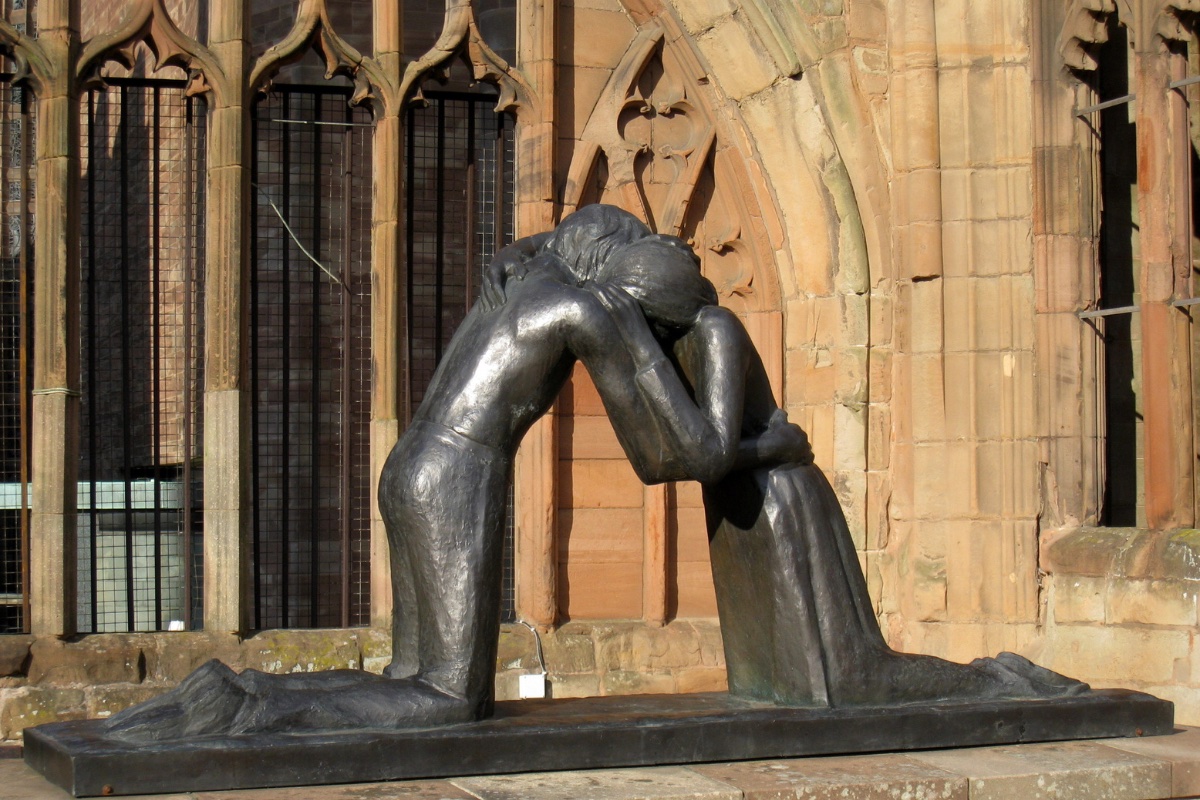I stand as I am,
I am food for the future,
my thought will blossom tomorrow,
today, I plant roots
–Jimmy Santiago Baca, “I Am with Those”
The Boston College Prison Education Program (BCPEP) is at the forefront of an emerging field residing at the intersection of higher education and the criminal justice system. As one of the most robust college-in-prison programs in the country, BCPEP plays a critical role in serving as a model of what universities and colleges can do to respond to mass incarceration, one of the most pressing societal challenges. By combining academic instruction with a deep commitment to social justice, the program not only provides students with access to high-quality educational experiences, but also helps challenge traditional notions of who deserves such opportunities. Steeped in the Jesuit tradition, BCPEP offers exciting pathways forward both for individual students and our broader communities.
Mass incarceration in the United States reflects a profound societal failure to reconcile public safety with a vision of justice that extends beyond mere retribution and punishment. The carceral system has long prioritized punitive responses to crime, often disregarding or marginalizing those ensnared within its domain. Rather than fostering accountability, mutuality, and growth, incarceration isolates individuals from their communities, deepening existing social and economic disparities. The failure to provide meaningful pathways for incarcerated people to build better opportunities and healthier environments underscores the urgent need for alternative approaches to justice—ones that emphasize human potential rather than perpetual punishment.
Higher education in prison offers a powerful example of what becomes possible when communities embrace more humanized responses to crime and justice. By centering human development rather than retribution, education challenges the traditional punitive framework and fosters meaningful connections to the outside world. When incarcerated individuals engage in rigorous academic coursework, they not only gain practical skills but also cultivate critical thinking, engage in non-prescriptive reflective practices, and retain a vital sense of agency within an environment often designed to deaden the human spirit. Prison education programs seek to reframe students as scholars and learners rather than mere “offenders,” offering opportunities for intellectual growth, healthier self-conceptions, and stronger interpersonal relationships.
The recent 2023 legislative reinstatement of Pell Grant access for incarcerated students marks a pivotal moment for the field. For decades, lack of federal support severely limited educational opportunities inside prisons. With Pell eligibility now restored, thousands of incarcerated students across the country once again have access to higher education. This shift signals a growing recognition of education’s role not only in personal growth, but also in broader social and economic mobility. It is an exciting time for the field, as institutions, educators, and policymakers collaborate to build sustainable, high-quality academic offerings within correctional facilities.
Prison education programs seek to reframe students as scholars and learners rather than mere “offenders,” offering opportunities for intellectual growth, healthier self-conceptions, and stronger interpersonal relationships.
The impact of these opportunities, however, should not end at the prison gates. The next step is ensuring that policies and programs extend the benefits of program participation to life post-release. This is a core priority of the Boston College Prison Education Program. While education inside prison is invaluable, its full potential can only be realized when formerly incarcerated students are supported in the process of continuing their studies and applying their skills in the broader world. Transitioning from prison to campus or the workforce presents significant challenges, including financial instability, social stigma, and countless bureaucratic hurdles. Colleges and universities engaged in this work must recognize the necessity of comprehensive reentry support—ensuring that students have access to continued education, career pathways, and community resources upon release. Without such support, the progress made inside prison risks being significantly diminished.
Far too many college-in-prison programs focus exclusively on education inside prison walls without considering the long-term trajectories of their students. While these programsmay offer coursework and academic mentorship during incarceration, they often fail to provide pathways toward personal, interpersonal, academic, and career success post-release. This gap in support undermines the potential of higher education to serve as a lasting tool for social mobilityand reintegration. True commitment to educational justice means ensuring that formerly incarcerated students receive the guidance, resources, and opportunities necessary to thrive beyond prison. Colleges, policymakers, and advocacy organizations should work together to build infrastructure that supports these students at every stage of their journey—from incarceration to reintegration to lifelong success.
Higher education in prison is not just about earning a degree—it is also about empowerment, agency, and keeping incarcerated populations within the broader fabric of our communities. As the field grows, it must evolve to meet the full needs of system-impacted students. By extending educational access beyond prison walls and into reentry support, we move closer to a justice system that prioritizes opportunity over punishment and human potential over perpetual marginalization.
Patrick Conway is the Ignacio Chair and director of the Boston College Prison Education Program.
Michelle Brooks is the assistant director of the Boston College Prison Education Program.
Photo credit/description: Courtesy of Lee Pellegrini, Boston College. Patrick Conway congratulating Alex Delgado, a graduate of the BCPEP at the first-ever commencement ceremony held inside the prison yard at MCI-Shirley (September 23, 2024).




.jpg)

